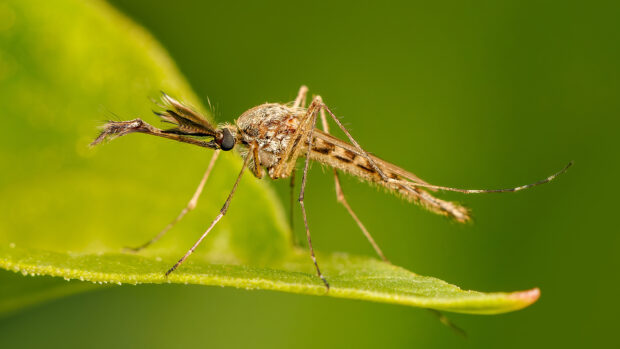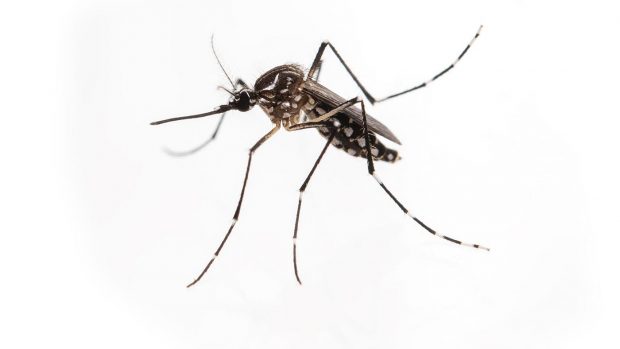A vaccine to control the spread of West Nile virus has been licensed for use in Europe.
Produced by Fort Dodge Animal Health the vaccine, Duvaxyn WNV, is the first equine West Nile vaccine to be licensed in Europe.
Fort Dodge hopes the vaccine will provide reassurance to horse owners after an outbreak in Northern Italy last Septmber that killed five horses and one human.
Helen Barnes from Fort Dodge said: “Following the recent Italian outbreak, West Nile virus is now regarded as endemic in Italy — a fact that confirms the threat it poses to the equestrian sector in Europe where the consequences of a major outbreak could be devastating.
The vaccine is known as West Nile-Innovator in the USA and has been used there for several years. It was the only vaccine available during the 2002 outbreak that affected 15,000 horses and the US Department of Agriculture has credited it with contributing to the 70 per cent decline in US cases since the height of the outbreak.
Ms Barnes added: “Our experience with West Nile Virus in horses in the United States has given us an exceptional understanding of the disease and the importance of the vaccination and we’re now working in partnership with European Governments, the EU Commission and the veterinary community to build knowledge of the disease.”
Scientists believe the increased numbers of horses travelling internationally to compete and effects of global warming on mosquito breeding is to be blamed for the growth of West Nile.
Professor Ann Cullinare, head of virology at the Irish Equine Centre said: “The virus was responsible for one of the worst arbovirus epidemics in the history of America and, since it was first identified in New York in 1999, has been responsible for thousands of horse fatalities.
“European outbreaks of West Nile have not yet been of the epidemic nature of the disease in the United States, but it’s essential that Europe is prepared. Our capability to mount an effective response to the virus has been significantly improved by the licensing of this vaccine.”
West Nile virus is transmitted by mosquitos and can cause neurological damage in horses and humans. There is no cure but horses can survive with aggressive therapy, although some suffer permanent brain defects.
The incubation period for West Nile virus is between 3-15 days and the mortality rate among horses showing symptoms is reported to be as high as 40 per cent.




